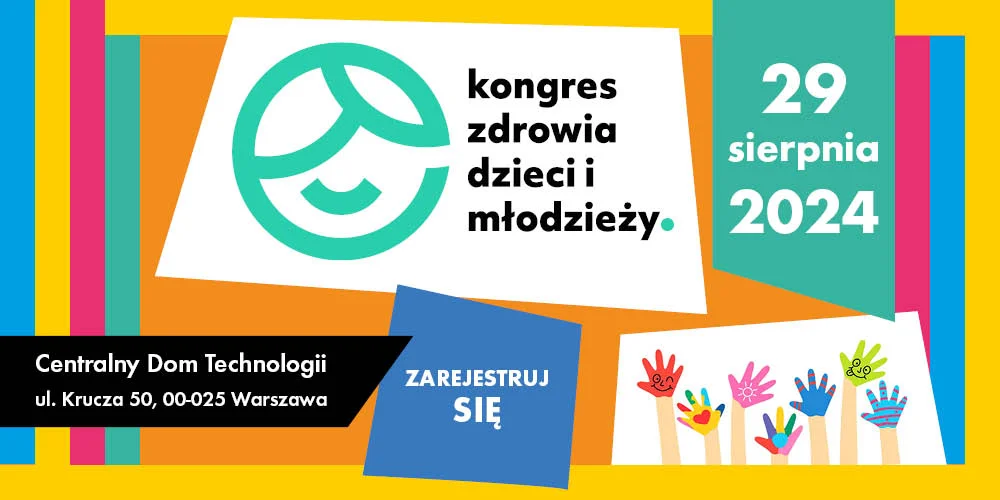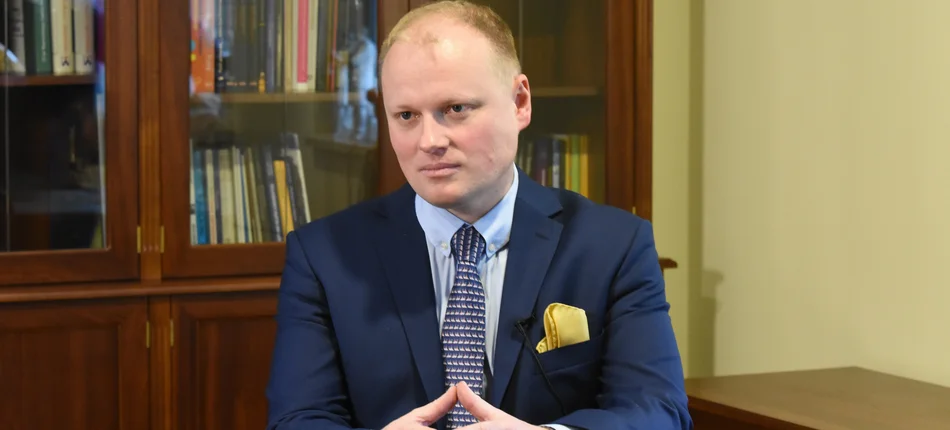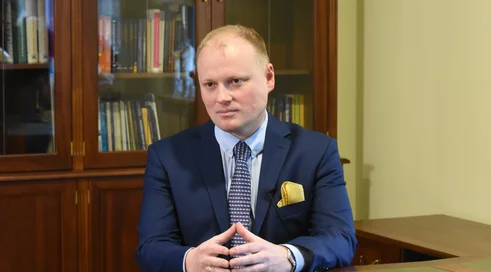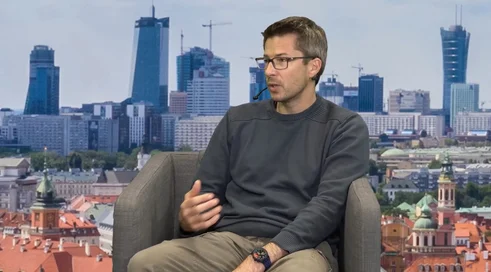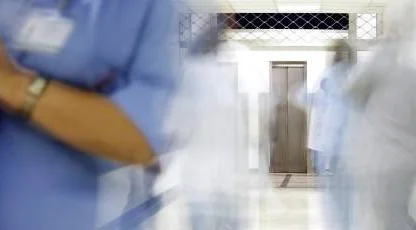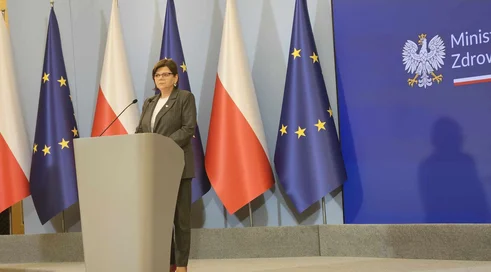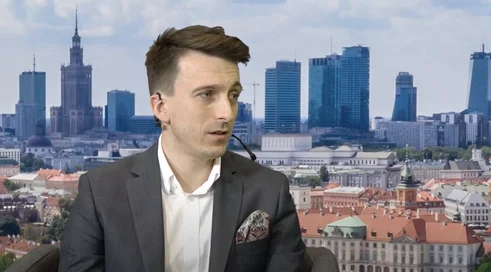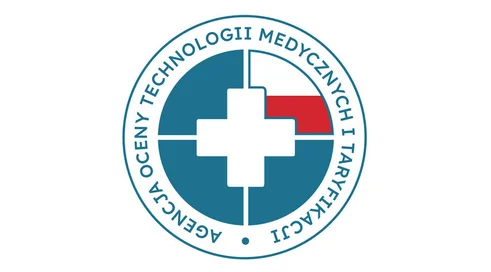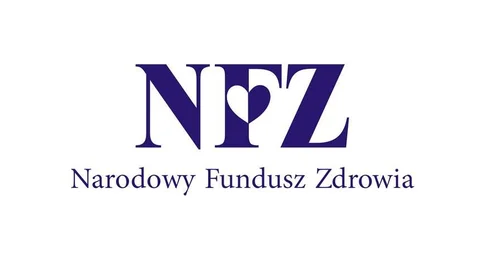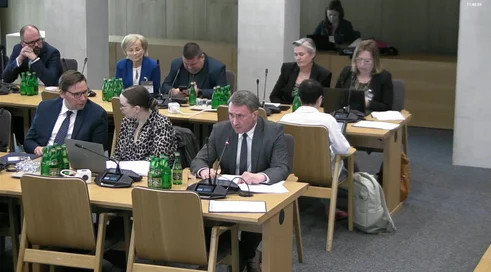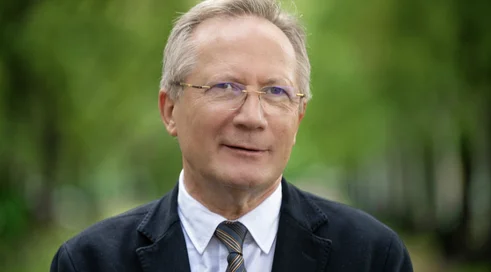You have been honored with the Emerald Award of the Economic Forum "Welconomy in Torun". What does this award mean to you?
This award is certainly an appreciation of the work of our entire team. It's also motivation to act even more effectively in the future and confirmation that our path was the right one. The award also gives us the opportunity to present to the public the medical solutions we have implemented so far. For me, the Welconomy Emerald is also important for personal reasons - the cradle of the Welconomy congress is the Kuyavian-Pomeranian region, and I have family ties to the region - my grandfather came from Toruń.
The laudation emphasized that you help not only patients in Poland, but also on other continents. Often these are countries less developed than Poland. How has the war in Ukraine affected the international market for specialized medical services?
From the point of view of my specialty - otorhinolaryngology - a direct consequence of the hostilities in Ukraine is the huge number of patients suffering from noise-induced hearing damage as a consequence of explosions and blasts. Unfortunately, opportunities to help these patients remain very limited for the time being. Therefore, whenever possible, we try to support local specialists in Ukraine so that they can carry help on the ground. Nevertheless, the complications...
Content locked
To gain access to the complete English section of the Medexpress.pl, kindly reach out to us at [email protected].




